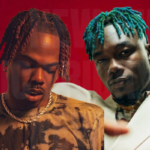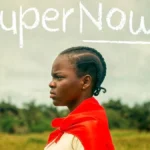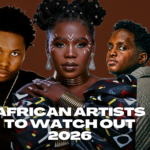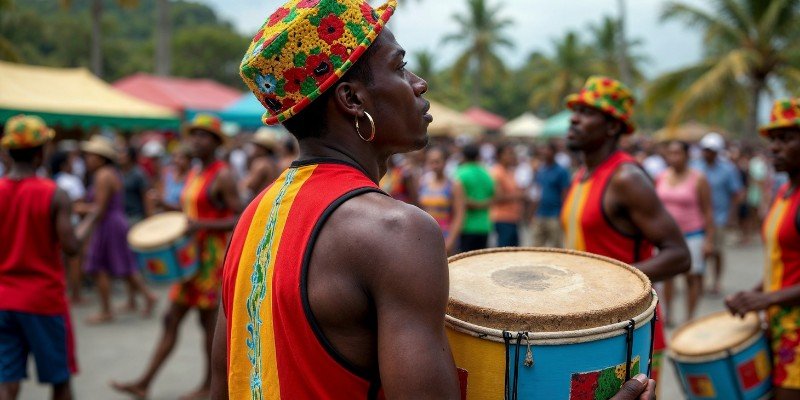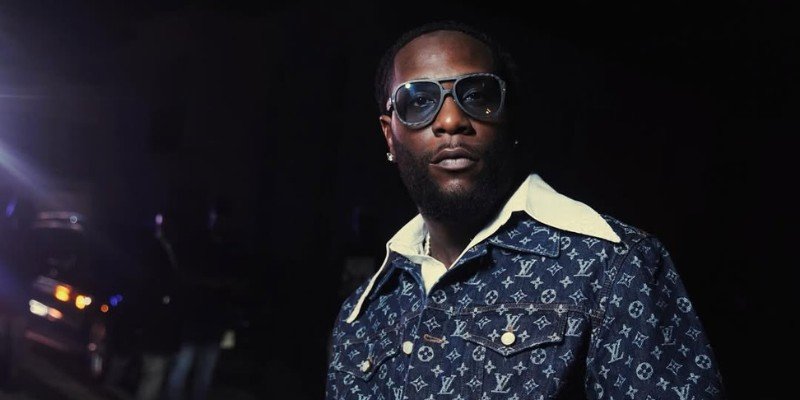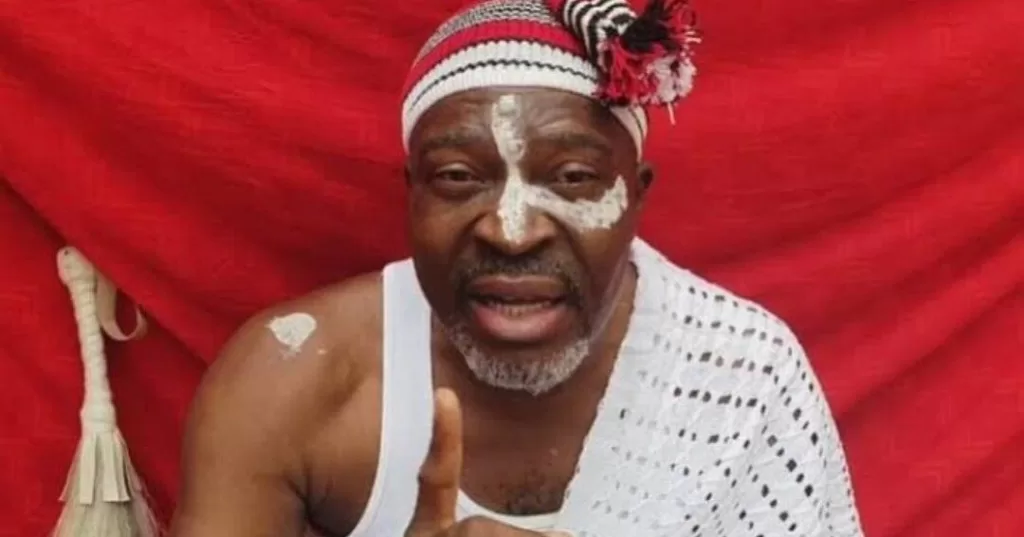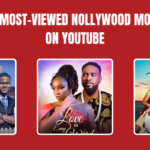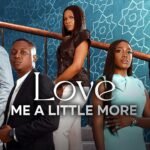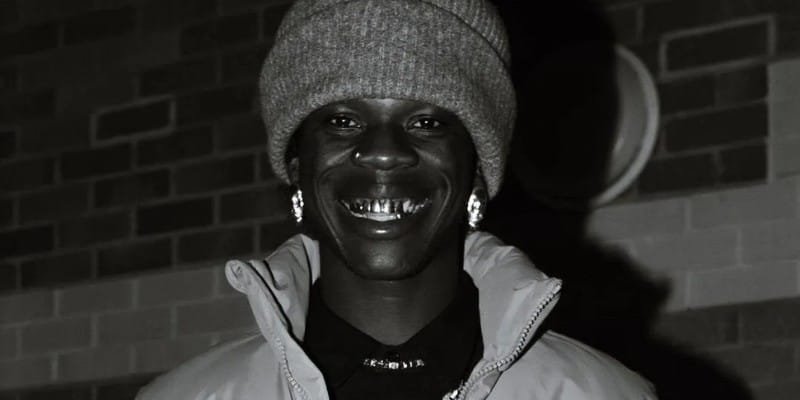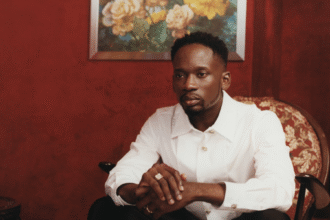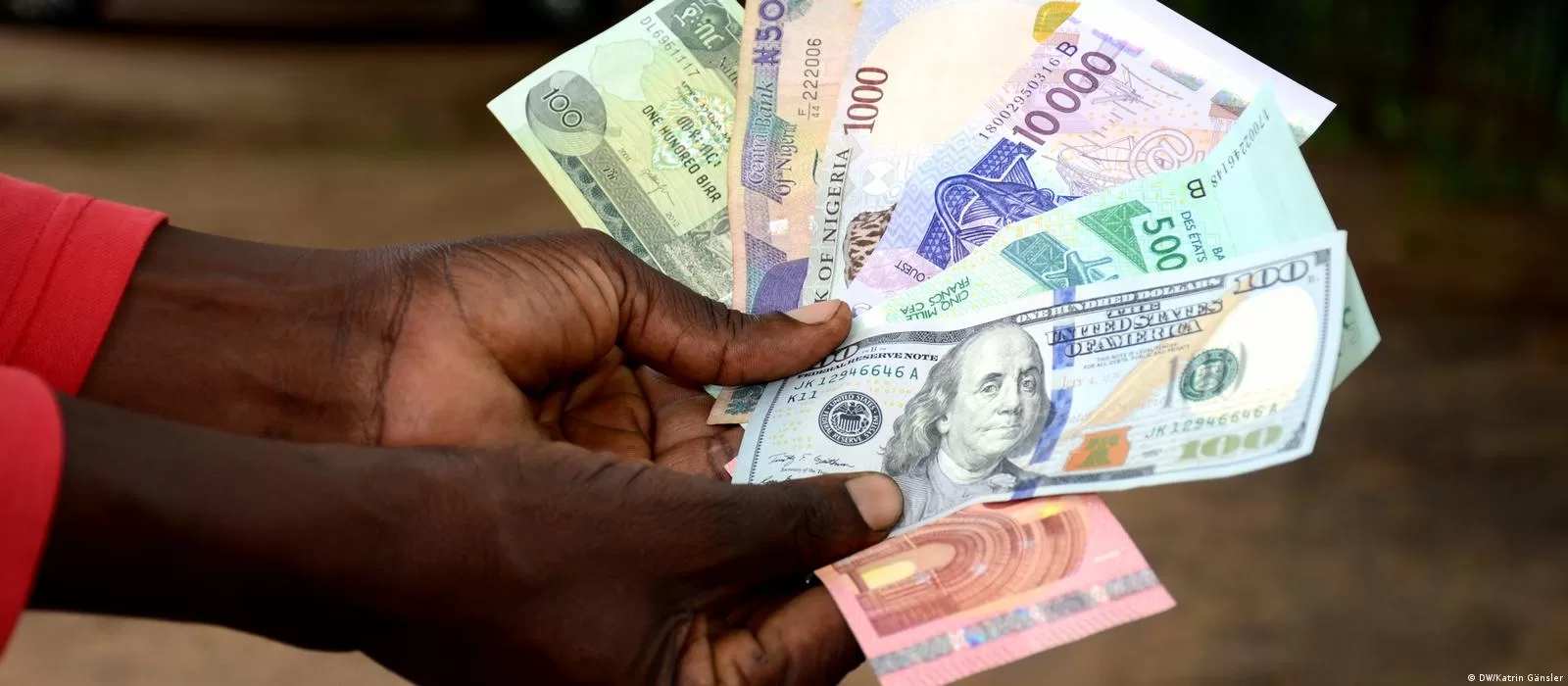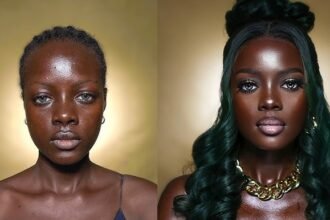Africa is a diverse continent that comprises many different cultures, languages, and traditions. Similarly, African music is not a single entity. It’s an exciting spectrum of different genres and sounds that reflects the continent’s rich heritage and diversity. Afrobeats and amapiano, at the moment, are Africa’s most popular musical exports and often dominate conversations around African music. However, there’s a rich variety of African genres that deserve attention and acclaim.
In this article, African Folder spotlights other African genres that you should be tapped into, because if you’re listening to only Afrobeats, you’re missing out on a lot.
Coupé-décalé
Artists: DJ Arafat, Peroo, Team Paiya
What to know: Coupé-décalé is African dance party music originating from Côte d’Ivoire. This very successful derivative of zouglou and ndombolo was developed in Paris by a group of Ivorian DJs at the Atlantis, an African nightclub in northeast Paris. The crew known as the Jet Set created the music, which emerged as a high-energy, percussion-driven blend of ndombolo, zouglou, and other African influences. The genre’s breakthrough moment came on the back of the hit song Sagacité by Douk Saga, a member of Jet Set.
The genre took off in the Ivory Coast during a time of political turmoil in Côte d’Ivoire and became the sound of escapism and celebration in a divided nation. Since then, the genre has enjoyed widespread acclaim across Africa, with the legendary DJ Arafat serving as the genre’s chief proponent. The genre has continued to evolve through multiple waves and continues to be the sound of joy, unity, and celebration for the Ivorian people.
Singeli
Artists: Mbosso, Sisso, Mzee Wa Bwax
What to know: Singeli is high-energy dance music that echoes throughout the streets of Tanzania. The genre is an offshoot of electronic dance music originating in Tanzania during the mid-2000s. The genre fuses fast-paced beats with rapping and traditional Tanzanian music. It began with underground parties organised by women for their female friends and family members. At these parties, the host played recordings of taarab music for other women to dance to. As these gatherings became increasingly common, rappers were requested to come and perform over the tapes.
Thus, the genre was created. Characterised by its high-speed tempos, looping digital beats, and rapid-fire Swahili lyrics rich in social commentary, Singeli has created a distinct identity that resonates well with the country’s youth and reflects the daily reality of life in inner-city communities. It elevates the voices of underprivileged populations and the intricacies of inner-city life with raw energy and sincerity.
Asakaa
Artists: Yaw Tog, Beeztrap Kotm, Jay Bahd, O’Kenneth
What to know: Asakaa is Ghana’s spin on drill that explores the genre’s gritty beats with local lingo, slang, and experience. The genre was popularised by a group of young rappers called the Asakaa Boys around 2020, drawing influence from UK and US drill. Their lyrics, mostly delivered in Twi, reflect the highs and lows of life in Ghana.
With breakout hits like Second Sermon by Black Sheriff, which earned a massive remix from Burna Boy, and Sore by Yaw Tog, which also earned viral co-signs from megastars like Stormzy and Headie One, Asakaa’s impact reinforced Kumasi’s place as a creative hub for African youth.
3 Step House music
Artists: Thazkin, Ciza, Kabza De Small
What to know: Emerging during the 2020 lockdown, 3-step is South Africa’s twist on house music. Pioneered by producer Thakzin, 3-step fuses the groove of Afro house and the depth of amapiano, driven by a three-kick rhythm. Characterised by airy percussion, jazzy horns, marching handclaps, and soulful melodies, 3-step is rhythm-first music built for movement.
Co-signed by heavyweights like Kaytranada and Black Coffee, the genre has quickly grown into a club essential across South Africa and beyond, laying the foundation for the next sonic direction for African dance music.



